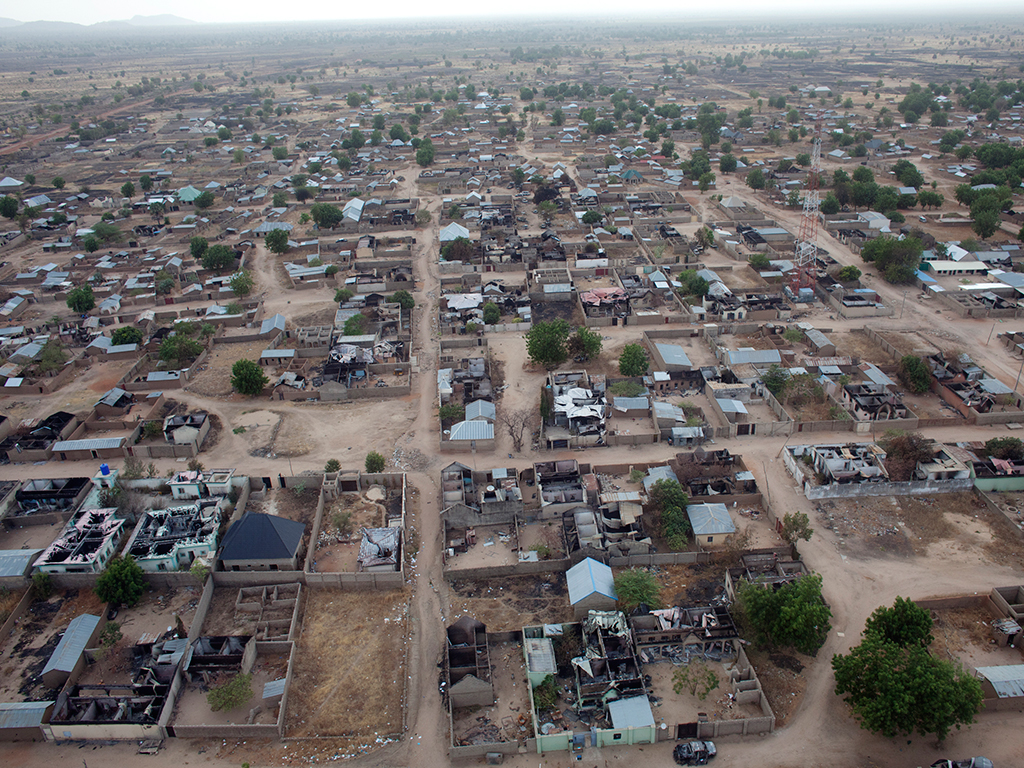Russia to build Nigeria’s nuclear plants
Nigeria plans to diversify its energy mix with assistance from Rosatom to construct nuclear power plants for $80bn

Despite its reputation as Africa's biggest economy, Nigeria's energy infrastructure has for a long time been inadequate. All that is about to change, though, with Rosatom Corp's help
Russia’s state-run nuclear group, Rosatom Corp, has signed a deal with Nigerian authorities to build power plants in the West African nation. Up to four nuclear facilities will be designed and constructed by the Russian corporation at a cost of around $80bn. The agreement aims to add 1,200 megawatts of capacity to Nigeria’s electrical grid by 2020, and a further 4,800 megawatts by 2035.
[E]nergy in Nigeria is notoriously inconsistent and inefficient
The roles of each stakeholder will be assigned contractually; as owners of the majority share, Rosatom will take the lead in terms of operations. A joint committee has been established in order to facilitate the process, with advanced negotiations, financing and planning still underway.
Currently, the provision of energy in Nigeria is notoriously inconsistent and inefficient. Despite recently being crowned as Africa’s biggest economy, a large portion of the population continues to live with energy poverty, which drastically impacts on their standard of living. Fossil fuels dominate the current energy mix in Nigeria, although oil production and supply is frequently disrupted, while a lack of infrastructure hinders the monetisation of natural gas. According to the US Energy Information Administration, having one of the world’s lowest net electricity generation per capita, the country regularly experiences blackouts, load shedding and a heavy reliance on private generators.
This latest news indicates solid plans for energy diversification, which could bring Nigeria’s sector up to par with other economies of its scale. Investment has always been an obstacle in enabling the advancement of the country’s underdeveloped energy industry, but now with Russia’s financial assistance and technical expertise, the groundwork for an alternative energy source has been well and truly set.













